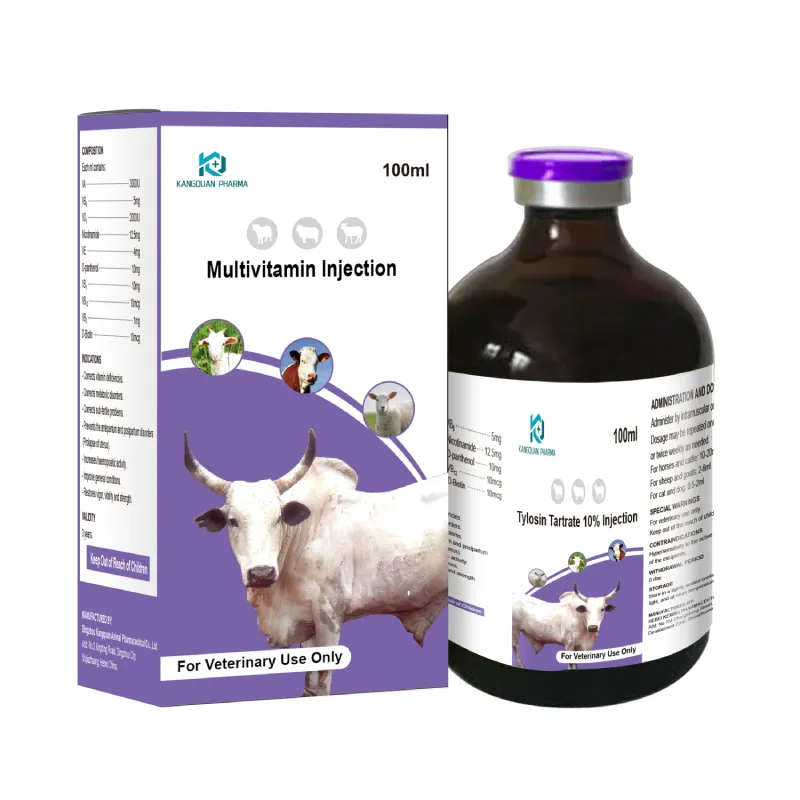- Afrikaans
- Albanian
- Amharic
- Arabic
- Armenian
- Azerbaijani
- Basque
- Belarusian
- Bengali
- Bosnian
- Bulgarian
- Catalan
- Cebuano
- Corsican
- Croatian
- Czech
- Danish
- Dutch
- English
- Esperanto
- Estonian
- Finnish
- French
- Frisian
- Galician
- Georgian
- German
- Greek
- Gujarati
- Haitian Creole
- hausa
- hawaiian
- Hebrew
- Hindi
- Miao
- Hungarian
- Icelandic
- igbo
- Indonesian
- irish
- Italian
- Japanese
- Javanese
- Kannada
- kazakh
- Khmer
- Rwandese
- Korean
- Kurdish
- Kyrgyz
- Lao
- Latin
- Latvian
- Lithuanian
- Luxembourgish
- Macedonian
- Malgashi
- Malay
- Malayalam
- Maltese
- Maori
- Marathi
- Mongolian
- Myanmar
- Nepali
- Norwegian
- Norwegian
- Occitan
- Pashto
- Persian
- Polish
- Portuguese
- Punjabi
- Romanian
- Russian
- Samoan
- Scottish Gaelic
- Serbian
- Sesotho
- Shona
- Sindhi
- Sinhala
- Slovak
- Slovenian
- Somali
- Spanish
- Sundanese
- Swahili
- Swedish
- Tagalog
- Tajik
- Tamil
- Tatar
- Telugu
- Thai
- Turkish
- Turkmen
- Ukrainian
- Urdu
- Uighur
- Uzbek
- Vietnamese
- Welsh
- Bantu
- Yiddish
- Yoruba
- Zulu
Nov . 14, 2024 11:22 Back to list
what drugs are used for parasites
Drugs Used for Parasites A Comprehensive Overview
Parasites are organisms that live on or inside another organism (the host) and benefit at the host's expense. They can cause a variety of diseases in humans, ranging from mild discomfort to severe health issues. To combat these unwanted invaders, various classes of drugs have been developed to treat parasitic infections. This article explores some of the most commonly used drugs for different types of parasites.
Antiprotozoal Drugs
Protozoa are single-celled organisms that can cause diseases such as malaria, giardiasis, and amoebic dysentery. The most widely known antiprotozoal drug is Chloroquine, which is primarily used to prevent and treat malaria. It works by inhibiting the growth of the parasite in the red blood cells. Another essential drug is Metronidazole, effective against Giardiasis and those caused by Entamoeba histolytica. Metronidazole works by interfering with the DNA of the protozoa, inhibiting their ability to multiply and survive.
For malaria caused by the Plasmodium species, Artemisinin-based Combination Therapies (ACTs) have gained prominence. Artemisinin, derived from the sweet wormwood plant, is highly effective in rapidly reducing the number of parasites in the bloodstream. When combined with other drugs, ACTs are proven to minimize the risk of resistance developing against antimalarial medications.
Anthelmintic Drugs
Helminths, or parasitic worms, can be categorized into three major groups nematodes (roundworms), cestodes (tapeworms), and trematodes (flukes). Albendazole and Mebendazole are two commonly used anthelmintic drugs that target a range of nematodes and some cestodes. Both drugs work by inhibiting the glucose uptake in worms, leading to their immobilization and eventual death.
what drugs are used for parasites

For treating infections caused by schistosoma (trematodes), Praziquantel is the drug of choice. It disrupts the parasite's ability to maintain its outer protective layer, allowing the host's immune system to eliminate the infection. Another drug, Ivermectin, is primarily used to treat onchocerciasis (river blindness) and lymphatic filariasis. It operates by paralyzing the worms, making it easier for the body to clear them away.
Preventive Measures and Considerations
While drugs are essential in treating parasitic infections, prevention plays a critical role in reducing the incidence of these diseases. Measures such as using insect repellent, sleeping under mosquito nets, maintaining good sanitation, and practicing safe food preparation can help decrease the risk of contracting parasitic infections.
It is crucial to consult healthcare professionals before taking any medication for parasitic infections. Not every drug is suitable for every individual, and the choice of drug can depend on various factors, including the specific type of parasite, the severity of the infection, and the patient's overall health.
Conclusion
The fight against parasitic infections involves a multifaceted approach, including a variety of effective drugs tailored to target different types of parasites. Understanding these medications and their mechanisms can significantly impact public health efforts aimed at reducing the burden of infectious diseases caused by parasites. Ongoing research and development in this field continue to enhance our ability to combat these persistent and often debilitating organisms.
-
Guide to Oxytetracycline Injection
NewsMar.27,2025
-
Guide to Colistin Sulphate
NewsMar.27,2025
-
Gentamicin Sulfate: Uses, Price, And Key Information
NewsMar.27,2025
-
Enrofloxacin Injection: Uses, Price, And Supplier Information
NewsMar.27,2025
-
Dexamethasone Sodium Phosphate Injection: Uses, Price, And Key Information
NewsMar.27,2025
-
Albendazole Tablet: Uses, Dosage, Cost, And Key Information
NewsMar.27,2025













